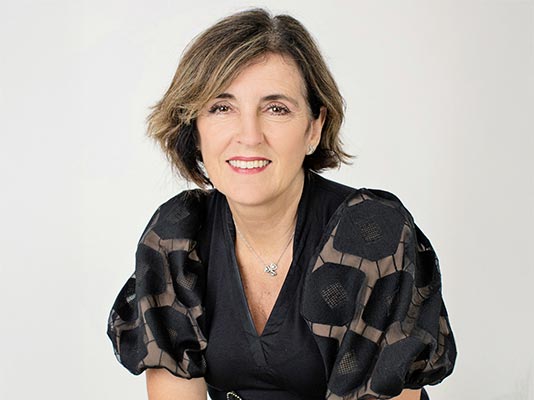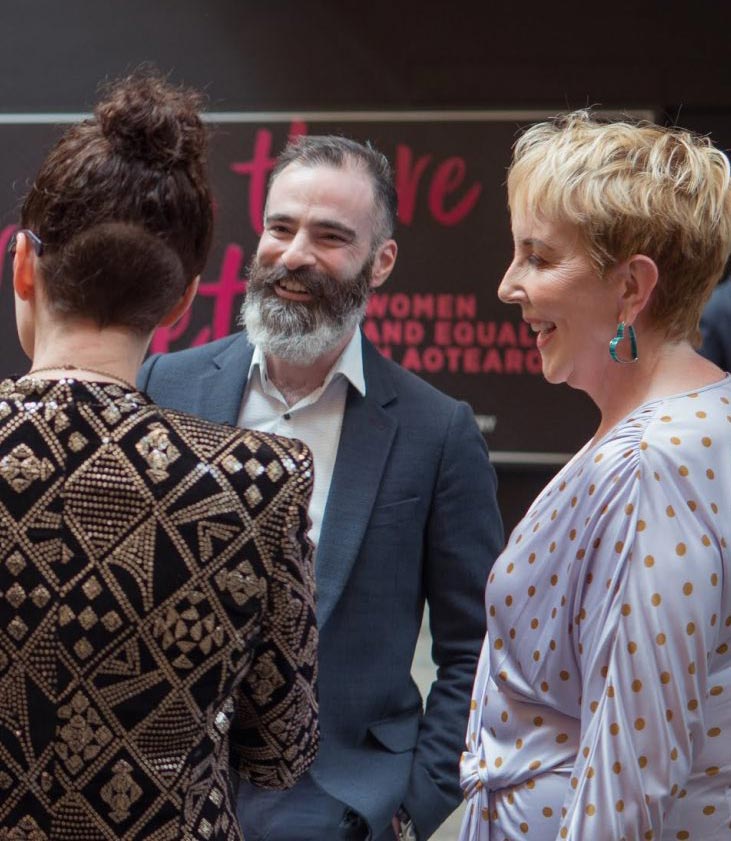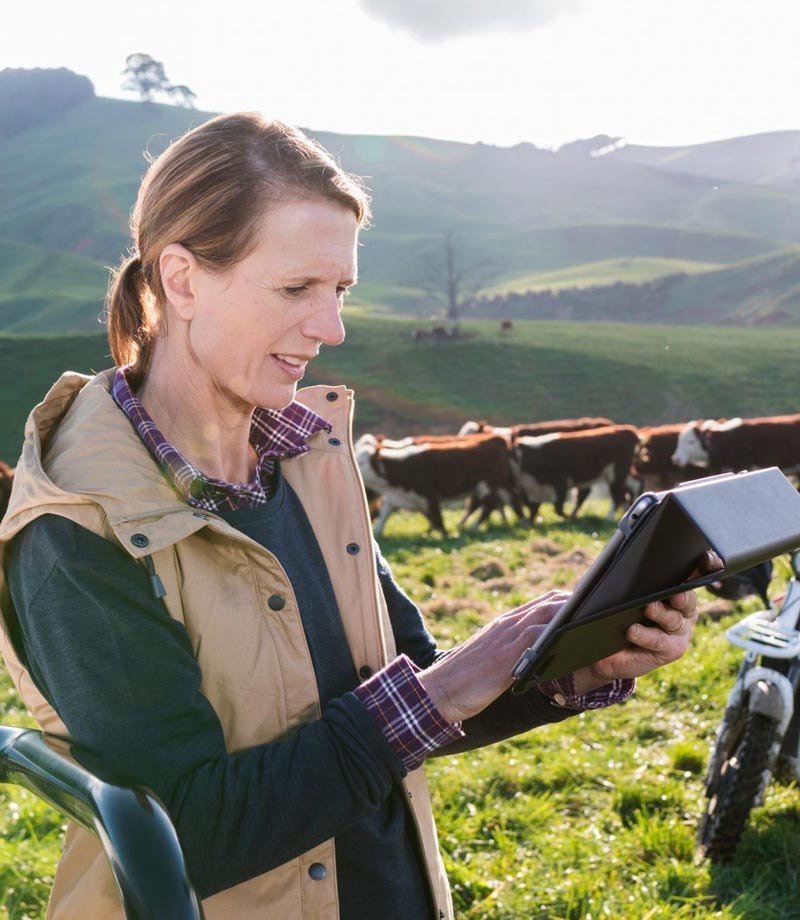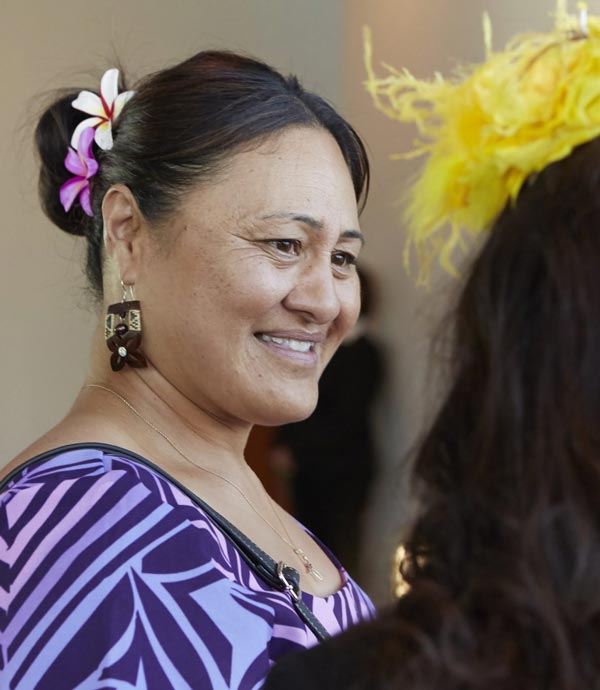Leadership Guided by Kotahitanga and Manaakitanga
As part of our ongoing Member Interview Series, Jenni Prisk sat down with Dr. Vivienne Hunt, a distinguished wāhine leader whose career spans industry, academia, and cross-cultural collaboration. Vivienne is the Director of NukuToi New Zealand, a Māori-led company specialising in market research and trade opportunities across Southeast Asia, and serves as an advisor to NZ Bioforestry.
Quick facts about Vivienne
- Roots: Born and raised in Auckland, with English, Irish, and Māori whakapapa.
- Home: Tahuna – Queenstown where she lives with her husband, an Emeritus Professor of Economics. Her daughter works at the Sydney Opera House, and her son works for an Auckland pharmaceutical company developing chemotherapy drugs.
- Professional: Research and business development in the food sector with 7 years in London and 8 years in Singapore.
- Education: PhD in Management and International Business from the University of Auckland (2009), with doctoral research on women’s career trajectories; an Executive MBA from the University of Auckland; a Postgraduate Diploma in Public Health Nutrition (Public Health Foundation of India, completed online while in Singapore); and a NZ Certificate in Science in Microbiology from AUT University.
How has being a wāhine leader from Aotearoa shaped the way you show up and lead in a global context?
“My background in Aotearoa has grounded me in a leadership style that is collaborative, relational, and values-driven. It taught me to learn quickly, build strong networks and work across sectors and disciplines. This foundation has carried me from London boardrooms to nutrition and health research partnerships across Southeast Asia.
The multicultural nature of Aotearoa, which honours different worldviews and working collectively has shaped my perspective. Manaakitanga, caring for people and relationships while delivering results is central to how I lead. I bring both a global mindset and a deep sense of where I come from. Having studied both science and business, I’ve been able to sit comfortably on both sides of the table.
While completing my PhD, I joined UniServices, the commercialisation arm of the University of Auckland, where I connected academic researchers with industry partners. That interdisciplinary approach, combining technical expertise with business strategy, became the foundation of my later work in Singapore and Southeast Asia, where I managed partnerships with multinationals focused on developing products to improve nutrition.”
What’s one insight or approach you’ve seen overseas that Aotearoa could benefit from particularly in advancing gender equity or inclusive leadership?
“In Singapore, I saw how deliberate investment in women’s networks within industry and government can transform leadership diversity. These weren’t simply social gatherings; they were structured, well-resourced platforms that connected senior leaders with emerging talent, created sponsorship pathways and ensured women’s voices shaped policy and strategy.
For example, I was part of the Women in Science network, where monthly meetings gave visibility to career journeys and successes of women working in Singapore. The research shows that women value this highly. At Abbott Nutrition R&D, I contributed to the launch of the Women Leaders in Abbott programme, designed to lift female representation in leadership in Abbott companies across Asia. I also founded Māia, a Kiwi women’s network in Southeast Asia, during my time as President of the NZ Chamber of Commerce in Singapore.
New Zealand has strong informal networks and deep community connections, but we could amplify their impact by resourcing them strategically and aligning them to measurable outcomes within corporate and public decision-making. Global Women is already moving in this direction, and I’m encouraged by the expansion of regional networks that include where I live now in Tahuna-Queenstown.”
In moments of challenge or change abroad, what kaupapa or value from Aotearoa do you find yourself returning to most often, and why?
“The kaupapa of kotahitanga – unity of purpose. In high-pressure, diverse environments, teams can easily fragment. I’ve managed a number of crises in the food sector and learned that communication, building trust and a shared vision are essential. Kotahitanga brings people back to collective purpose, reminding us that sustainable progress only comes when we move forward together.
As the whakataukī (Māori proverb) says: Ehara tāku toa i te toa takitahi, engari he toa takitini ‘My strength is not that of an individual but the strength of many.’ That truth helps keep me grounded, whether I am working on projects with clients in the US, Southeast Asia from Queenstown, Singapore or community halls.”
Vivienne’s Pepeha
Ka nui te mihi nui ki a koutou.
Ko Ingarangi, ko Aerana, ko Te Māori whakapaparanga au
Ko Tāmaki Makaurau te whenua tupu
Nō Tāhuna e noho ana au
Ko Hāwera te wā kāinga o ōku tūpuna
Ko Taranaki te maunga
Ko Aotea te waka
Ko Ngāti Ruanui te iwi
Nō reira, ko Vivienne Hunt tōku ingoa
Tēnā koutou, tēnā koutou, tēnā koutou katoa.
Thank you, Dr. Hunt, for your vision, leadership, and commitment to building a healthy, inclusive and globally connected future.




